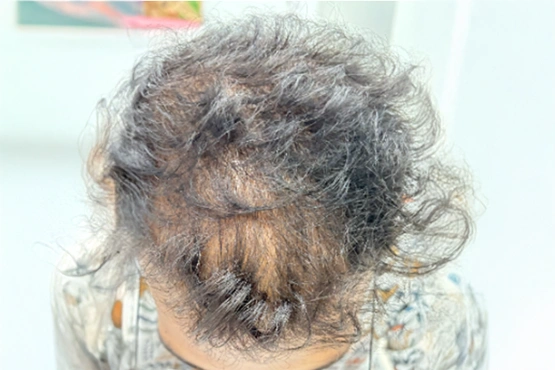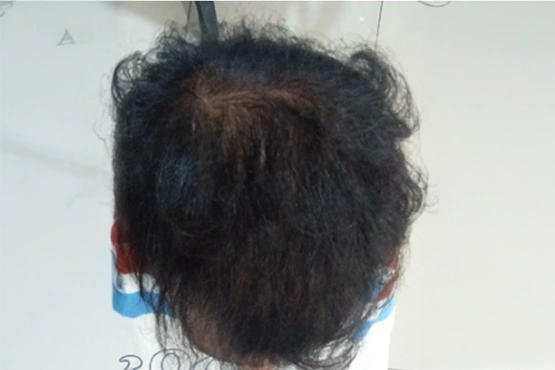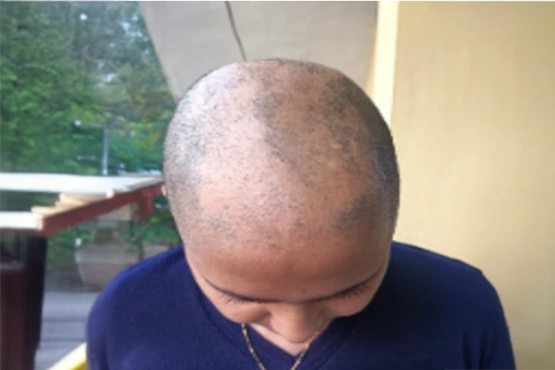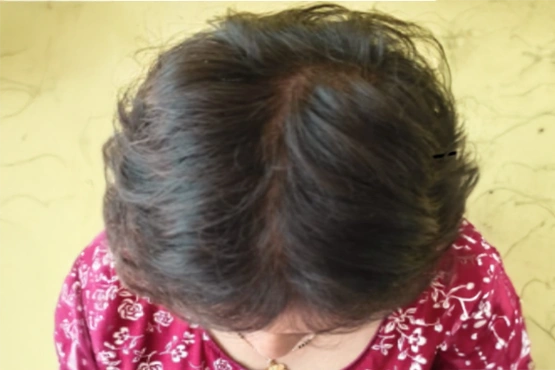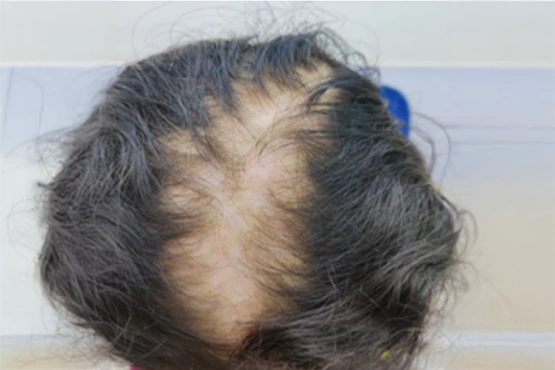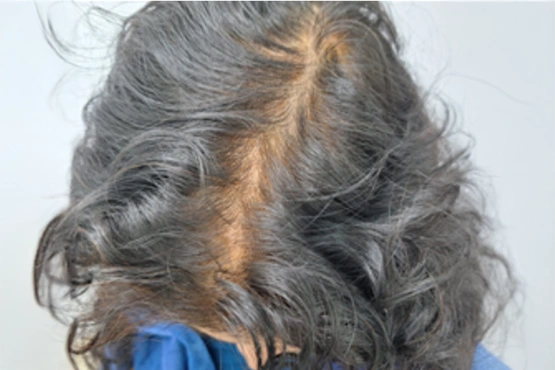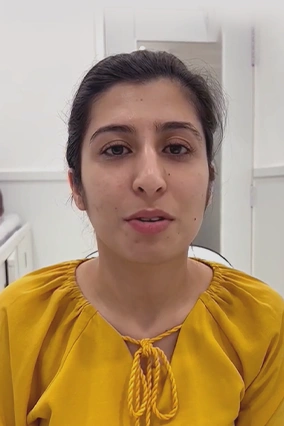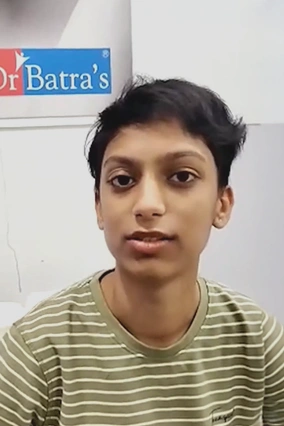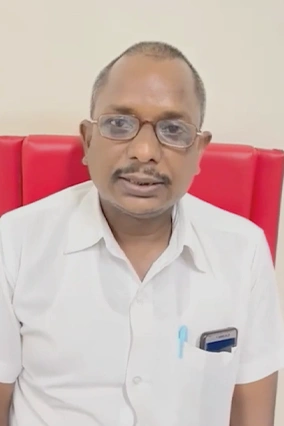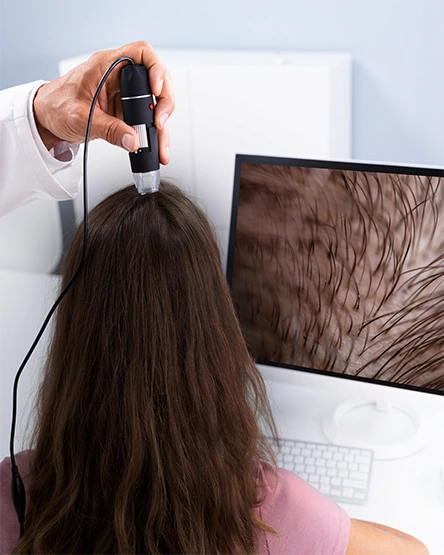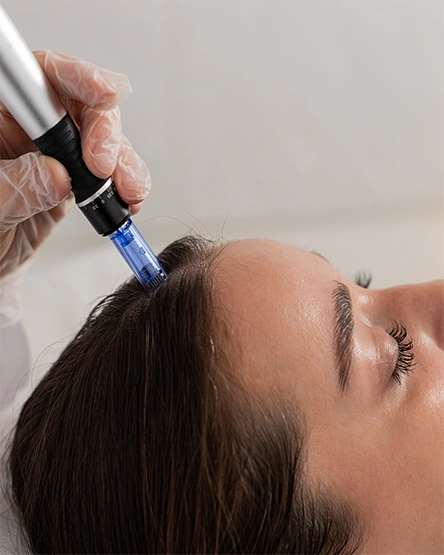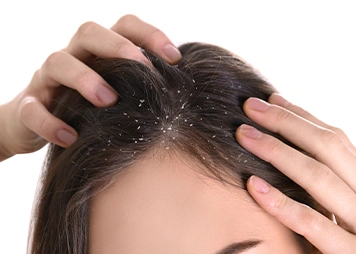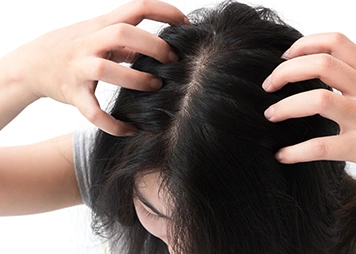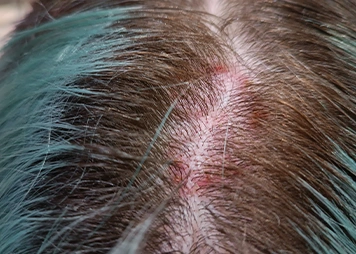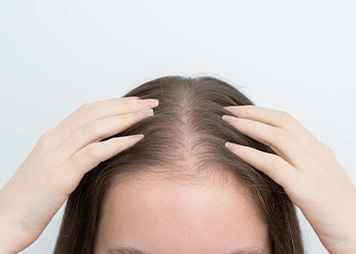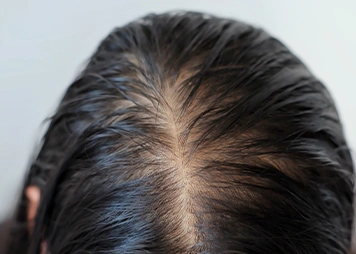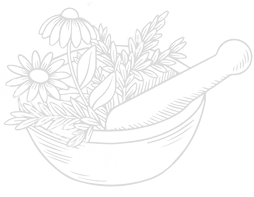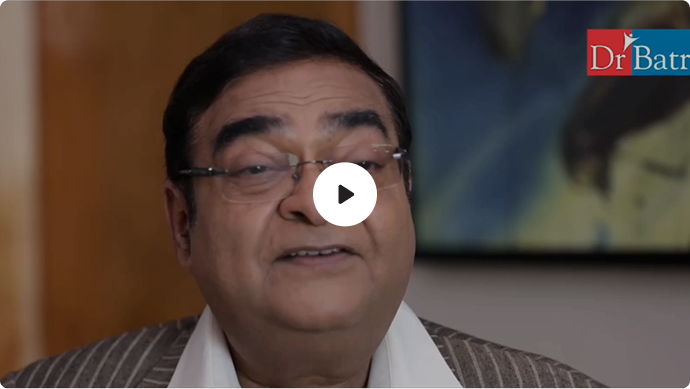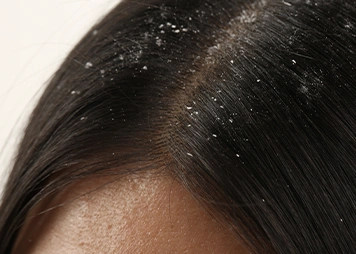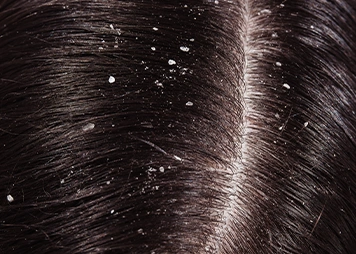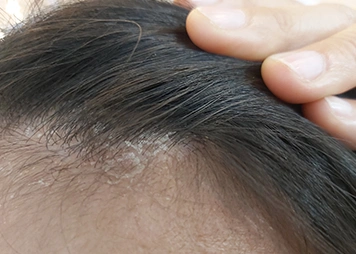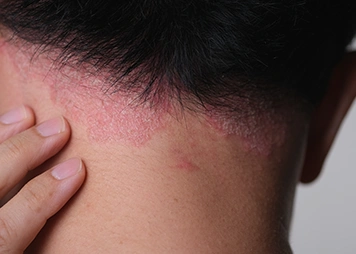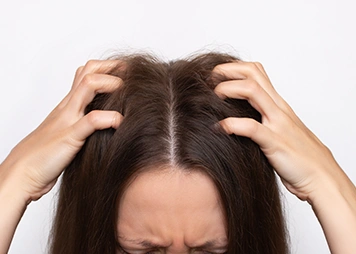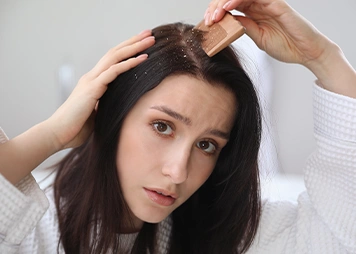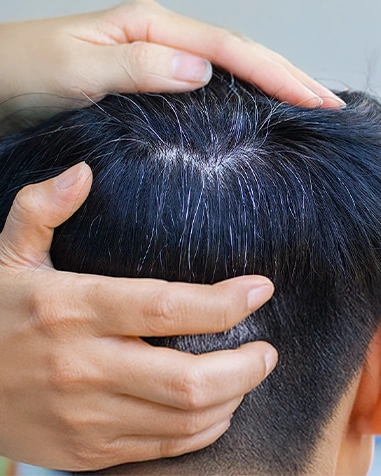✓ 40 Years of Proven Expertise
As one of the largest homeopathy chains, we’ve helped 1.5 lakh+ patients worldwide overcome scalp concerns. Our dandruff treatment in homeopathy is backed by 4 decades of clinical experience and delivers lasting relief with trusted homeopathic remedies.
✓ Treating the root cause of Dandruff, Not Just the Flakes
Our homeopathic approach focuses on underlying triggers such as stress, fungal imbalance, excess oil, scalp sensitivity, and reduced immunity, ensuring deeper healing instead of short-term control.
✓ Safest Anti-Dandruff Treatment Protocol in India
Non-surgical, gentle, and suitable for sensitive scalps, our personalised homeopathic medicines restore scalp balance naturally and support long-term health.
✓ Faster Relief Through Targeted Homeopathy
Individualised remedies help reduce flaking, calm inflammation, and improve scalp comfort with sustained results.
✓ AI-Powered Progress Tracking
AI scalp analysis monitors redness, flaking, oil balance, and overall scalp health through regular outcome reports, keeping your care on track.
✓ 350+ Homeopathic Doctors Across India
Qualified BHMS and MD (Hom.) doctors across 200+ clinics ensure expert-led scalp care backed by real clinical experience.
*All treatments are offered across 200+ clinics in India, Bangladesh, the UK, Malaysia, Thailand, Bahrain, and the UAE.



